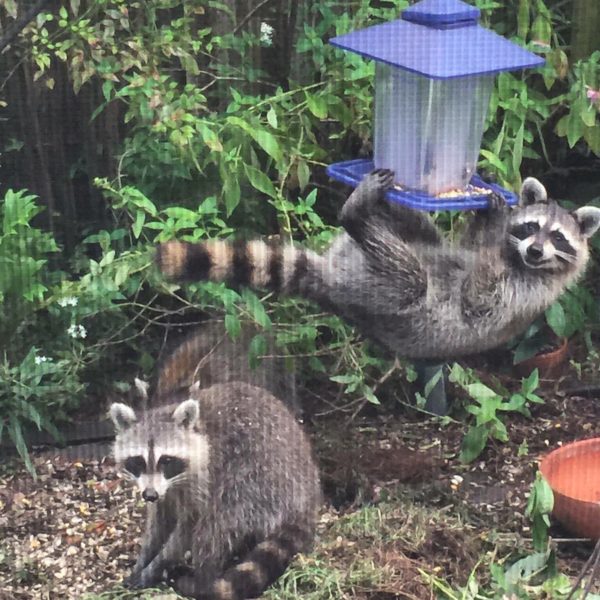Metaphor For The Enemy: Locusts
Parasites. Do we look any further? No: the easiest role is as one who takes more than one gives, and then hides that fact — if a language-enabled creature like humans — behind a sociable, or flattering to others, justification like altruism, egalitarianism or pity.
the locusts have no king,
yet they advance together in ranks. – Proverbs 30:27
Parasitism is easy because it requires no plan. In fact, it is the anti-plan: the idea that there needs be no goal, no method of achieving a future, and no principle. Only take what is convenient. Opportunism, narcissism and moralism coincide in the mentality of the parasite, which takes what it wants without considering consequences, then excuses itself with some broad platitude about how everyone deserves to eat.
Our society is swarming in parasites. Yes, the poor are mostly parasites, but so are many of the “successful” who knowingly take on useless jobs for the salaries and power. And the news reporters, politicians, lawyers, self-help instructors, populist priests and psychologists? What do they do that is not parasitic, but thickly disguised?
Humanity finds it hard to believe that, having vanquished nature, we find the same roles that exist in nature cropping up among us. But it is true: people are either docile prey animals, predators, parasites or the (rare) independent creatures of lawless atavism.
If humanity survives, future generations will look on this time as the age of publicly legitimized parasites. They will say that without scorn, only cold emotionless diagnosis, which is why such undramatic clarity is so massively feared in our time.
Tags: moralism, parasites, socialization










